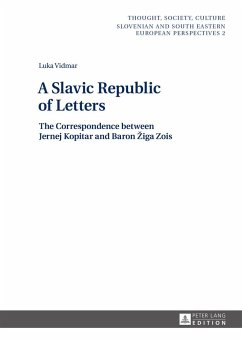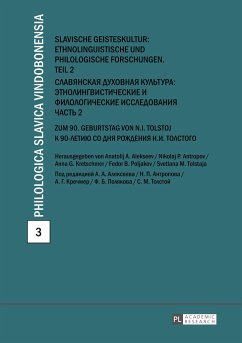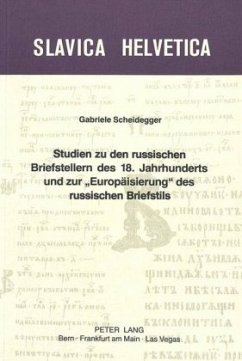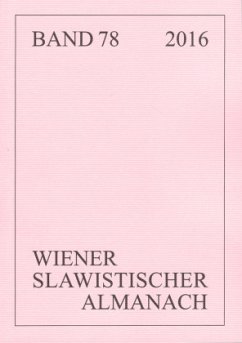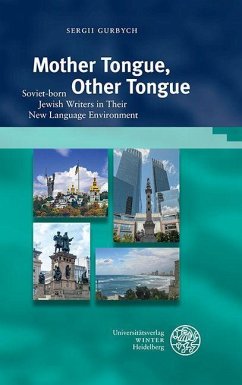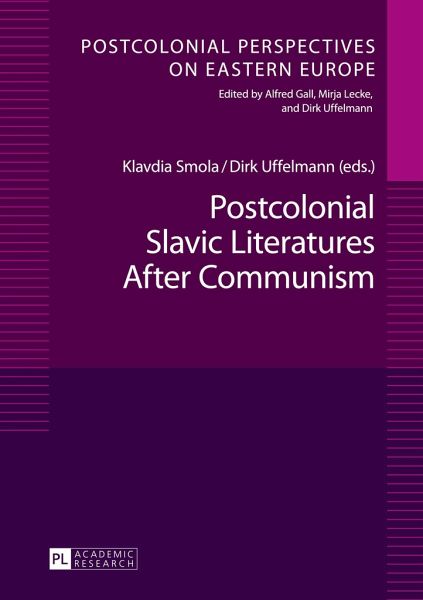
Postcolonial Slavic Literatures After Communism
Versandkostenfrei!
Versandfertig in 6-10 Tagen
98,25 €
inkl. MwSt.

PAYBACK Punkte
0 °P sammeln!
How postcolonial are the literatures of postcommunist countries such as Poland, Russia, and Ukraine? Are they postcolonial on the level of sociopolitical conditions, postcolonial modes of representation, or of a (post-)colonial mind? The contributors consider and respond to the heuristic questions and to the claim for accuracy which purports that Slavic literatures after communism are indeed postcolonial - in a no more metaphorical way than the «classic» cases of postcolonial literatures, whose postcoloniality can be traced to the colonialism of overseas empires. The contributions to this vo...
How postcolonial are the literatures of postcommunist countries such as Poland, Russia, and Ukraine? Are they postcolonial on the level of sociopolitical conditions, postcolonial modes of representation, or of a (post-)colonial mind? The contributors consider and respond to the heuristic questions and to the claim for accuracy which purports that Slavic literatures after communism are indeed postcolonial - in a no more metaphorical way than the «classic» cases of postcolonial literatures, whose postcoloniality can be traced to the colonialism of overseas empires. The contributions to this volume deal with the exploration of literary representation and hence of postcolonial textuality.





